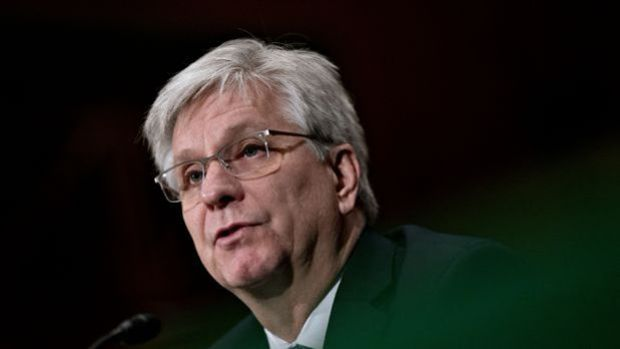Fed close to cutting rates, members want more evidence
US Federal Reserve (Fed) Board Member Christopher Waller said the time for the bank to cut interest rates is “approaching.” Speaking at an event organized by the Kansas City Fed, Waller said that data over the past few months show that the economy is growing at a more moderate pace, labor supply and demand are balancing, and inflation is slowing compared to the beginning of this year. Pointing out that current data is consistent with a “soft landing” in the economy, Waller said he will expect data to support this view in the next few months. Waller said, “While I don’t believe we have reached our ultimate goal, I believe we are approaching the time when a policy rate cut is necessary.” Christopher Waller noted that he would like to see “a little more evidence” that inflation is falling sustainably. On the other hand, New York Fed President John Williams stated in an interview with The Wall Street Journal that the last three months of inflation data, along with signs that labor market conditions are gradually cooling, are “bringing the bank closer to the disinflationary trend it is seeking.” “These are positive signs. I want to see more data to gain more confidence that inflation is falling sustainably toward our 2% target,” Williams said. New York Fed President John Williams said the latest data was reassuring, but that the central bank will learn “a lot” between July and September and that he would like to see more clues. Robert Kaplan, who left his post as Dallas Fed President in October 2021 and took on the role of Goldman Sachs Vice Chairman, said he sees a rate cut in September as very likely and predicted that the next cut could be made in December. On the other hand, the Fed’s Beige Book Report released yesterday revealed that the U.S. economy grew at a slight pace toward the third quarter, that economic activity was either flat or declining in some regions, and that inflation was showing signs of cooling. “Expectations for the economy are for slower growth over the next six months due to uncertainty about the upcoming election, domestic politics, geopolitical conflict and inflation,” the report said.


